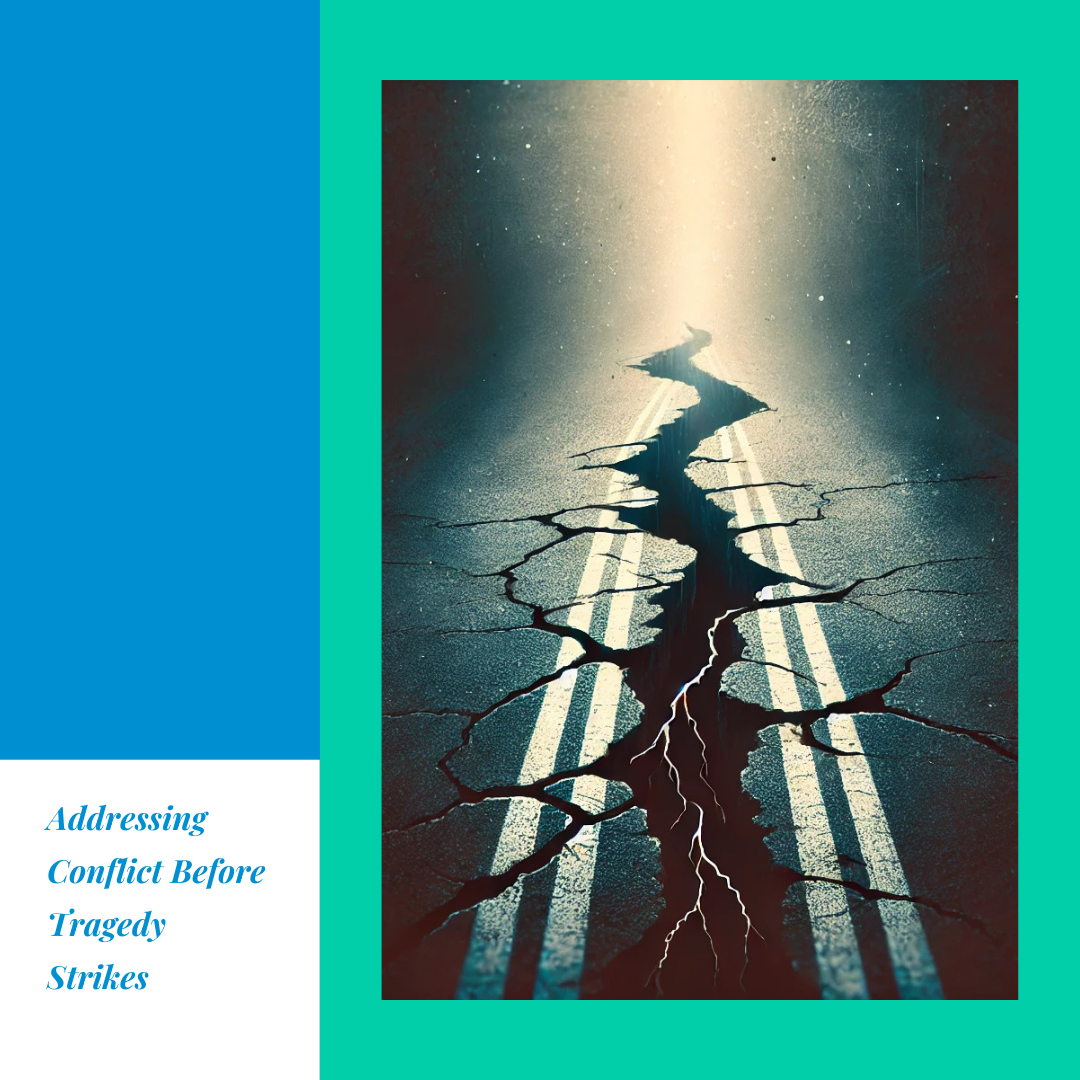A grandfather stabbed to death by his own grandson in Hyderabad. A 15-year-old child, relentlessly bullied at school, takes his own life in Kochi. These are not isolated incidents—they are symptoms of a deeper societal failure. How many more such tragedies will it take before we acknowledge the urgent need for change?
In the first case, a dispute over property escalated into fatal violence. In the second, a child endured unbearable bullying but found no safe space to confide in his parents or teachers. And these are just incidents that became national news. There are many more. We are failing—failing as families, as schools, as workplaces, and as a society. Frustration, anger, and sadness are natural human emotions. The problem is not that these emotions exist—it’s that we lack the skills to navigate them constructively. Why do we wait for disaster before recognizing the need for change? And, perhaps most disturbingly, why do we move on so easily afterward, as though these events were inevitable?
As a mediator and a professional in conflict resolution, I see a common thread in all of this: the absence of effective communication. We talk, but we don’t communicate. We listen, but we don’t truly hear. And why? Because we are never taught how.
Nowhere in our schooling is there a subject dedicated to teaching us how to manage conflict, how to express difficult emotions, or how to engage in meaningful dialogue. We produce technically proficient graduates, yet they lack the fundamental skills to navigate disagreements, resolve interpersonal issues, or seek help when needed. Schools focus on academic achievement, yet ignore the essential life skills that determine our well-being. Workplaces demand productivity but provide no guidance on handling workplace tensions. Parents and communities remain reactive instead of proactive.
We cannot afford to wait for more tragedies. We must act now.
Families should create spaces for open conversations about conflict and disagreements—before tensions arise, not after. This applies to interpersonal and business discussions.
Schools must introduce programs on conflict management and peer mediation, ensuring that children know where to turn in times of distress.
Workplaces should prioritize training in managing difficult conversations and resolving disputes constructively.
This is not a magic solution that will prevent all tragedies. But starting these conversations early on—in schools, colleges, workplaces, and homes—can make a difference. Advisors, whether legal, financial, or family counsellors, must treat communication and dispute resolution as essential skills, guiding their clients toward better conflict management.
Consider how we eradicated smallpox and drastically cut down polio: through community-wide action, ensuring vaccinations from birth. Today, the inability to manage conflict, the lack of patience, and the growing intolerance toward disagreement are just as dangerous as any disease. And like a disease, these issues can be addressed—if we act together, with urgency and commitment.
Let’s not wait for another headline to remind us of what we already know. The time to start is now.
Author
-

Nivedita Chowdary, a lawyer by education has been working as a mediator and conflict resolution trainer for 15 plus years. Nivedita works as the Training Coordinator at CAMP. She works on developing and delivering training curriculums to law schools and other agencies on the subject.
View all posts


